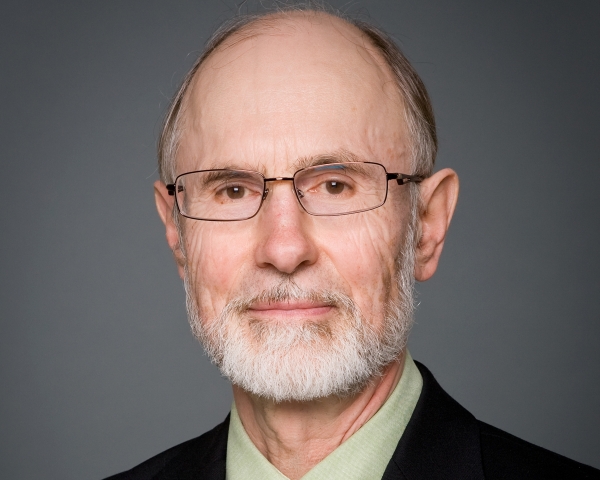COLUMN: Climate change and skeptics -- part II
In Part I of this column, I attempted to present over whelming evidence that human activities are affecting global climate. The intergovernmental Panel on Climate Change (IPCC) is composed of over 2,000 atmospheric scientists from every major country. In 2001, the IPCC stated unequivocally that human activities are having detectable effects on the Earth’s climate, on the atmosphere and the Earth’s water.
Robin M. Mills is a graduate of Cambridge University and has worked for more than a decade in the fossil fuel industry, in petroleum geology and economics for Shell and for the Dubai government. Mills published Capturing Carbon: The New Weapon in the War against Climate Change? Columbia University Press, New York. 2011. In it he states, “Vested interests, certain big businesses, right-wing ideologues, self-appointed ‘experts’ in the media, ignorant or self-interested politicians, and scientists willing to prostitute themselves to the highest bidder, continue to repeat egregious falsehoods, objections to the idea of anthropogenic global warming that have been repeatedly demolished by science. They cloud the issue, literally, with propaganda masquerading as research. Many in the media, always in search of a controversy, help to fan the flames.”
However, whether global climatic change is real or is a hoax is proving to be immaterial. If global climatic change is caused primarily by the combustion of fossil fuels and fossil fuels are finite resources, then at some point fossil fuel depletion will render further fossil fuel consumption uneconomic. In other words, and we see this every day at the gas pumps, the price of fossil fuels is going to rise as the cost of recovering what remains of this finite resource declines. At the same time that fossil fuel prices have risen, the cost of renewable energy has declined to the point where many types of renewable energy cost less than fossil fuels.
A report published in Science in 2001 compared the capital cost of building a coal-fired and a wind-powered electric plant of equal output. Capital costs were equal. However, the operating cost for a wind-powered plant was substantially lower because no coal mining, no coal crushing, no coal cleaning, no coal transportation, and no air pollution control is required for a wind-power plant. Since 2001, the efficiency and economies of scale have significantly further lowered the cost of wind energy. Since 2001, what has happened to the price of fossil fuels?
A paper published in Scientific American in November, 2009 described how solar, wind and hydro electricity could supply all the world’s energy needs within thirty years at a lower cost and with more reliability than conventional energy sources.
The transition to renewable energy has started. Investing in fossil fuels or fossil fuel technologies today is as wise as it was to invest in clipper ships in the early days of steamers or in typewriters in the early days of computers. The fossil fuel era is winding down. If we build those pipelines, what will they be used for ten years from now?
The NDPrejects the claim of a fundamental contradiction between environmental health and economic growth. Developing green energy industries is an opportunity for a dynamic new era of job creation, building a competitive advantage for Canada in environmental technologies and practices, which in turn help foster innovations in manufacturing. Reshaping energy policy for the 21st century means moving away from fossil-fuel dependence toward a green energy future by investing in solar, wind, wave, and geothermal sources, working with provinces and territories to share clean energy; and ensuring energy conservation in transportation and building methods.
We can make Canada an environmental leader on the world stage by honouring treaty obligations, incorporating strong environmental standards in trade agreements and ensuring Canadian companies operating here at home and abroad are held to standards and practices that reduce their footprint and leave local ecosystems in good health.


























Comments